County: Crittenden - Starting with W
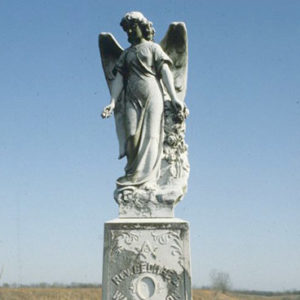 George Berry Washington Memorial
George Berry Washington Memorial
 George Berry Washington Memorial
George Berry Washington Memorial
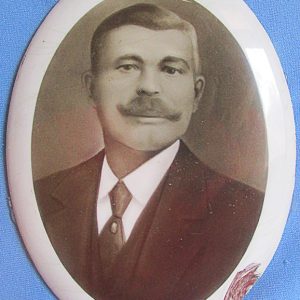 George Berry Washington Portrait
George Berry Washington Portrait
Watson, Wilson Douglas
 West Memphis Train Station
West Memphis Train Station
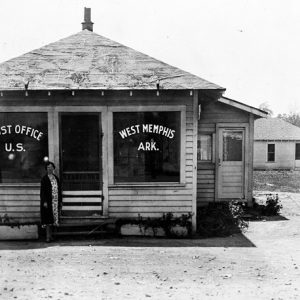 West Memphis Post Office
West Memphis Post Office
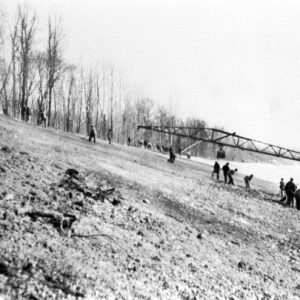 West Memphis
West Memphis
West Memphis (Crittenden County)
 West Memphis, 1930
West Memphis, 1930
 West Memphis; 1935
West Memphis; 1935
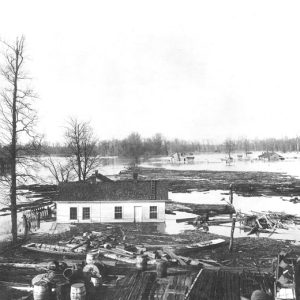 West Memphis Flood
West Memphis Flood
 West Memphis Street Scene
West Memphis Street Scene
West Memphis Three
White, Hayes (Execution of)
 Woolfolk Library
Woolfolk Library




